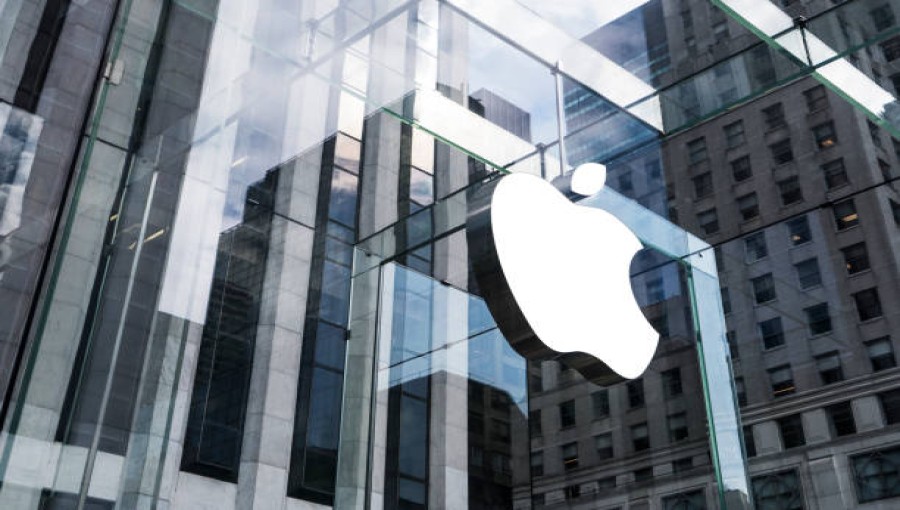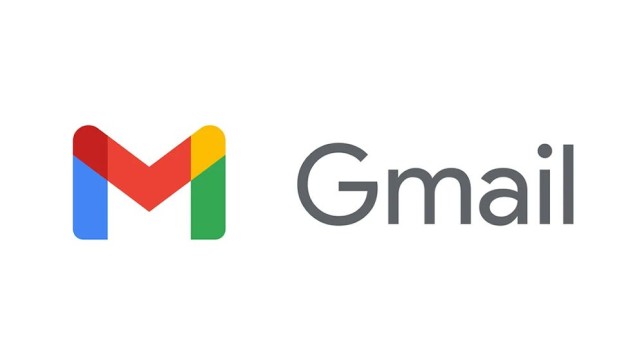Tech giants Meta, Microsoft, X, and online dating leader Match Group have jointly criticized Apple for alleged overcharging on app purchases, filing a rare joint amicus brief in a California court. This move is in response to a ruling requiring Apple to allow companies to link to alternative payment options outside the app store for iPhone users, stemming from a 2020 lawsuit by Epic Games. The joint filing supports Epic's stance and challenges Apple's compliance with the court order, highlighting the ongoing legal and regulatory scrutiny faced by major tech companies.
In a rare display of unity, tech behemoths Meta, Microsoft, X, and online dating giant Match Group have collectively filed a joint amicus brief in a California court, directing criticism at Apple for alleged overcharging on app purchases. This concerted action comes in response to a ruling mandating Apple to permit companies to link to alternative payment options outside the app store for iPhone users, a decision that emerged from a protracted legal battle initiated by video gaming giant Epic Games in 2020.
The joint filing by these prominent companies represents a significant challenge to Apple's app store policies, particularly regarding the contentious issue of financial transactions and the associated fees imposed by the tech giant. Apple has faced mounting scrutiny over its practice of taking a cut of up to 30 percent on all app store purchases, prompting widespread complaints and accusations of imposing an unfair "tax" on companies.
The federal court's ruling, which stemmed from Epic Games' lawsuit, initially offered a concession allowing apps to indicate alternative payment methods outside of Apple's ecosystem. However, Apple's compliance with this order earlier this year has drawn fierce opposition from Epic, leading to a renewed legal battle over the tech giant's proposed solution, which allows a 12 to 27 percent fee on external purchases outside its app store.
In their joint filing, Meta, Microsoft, X, and Match Group have voiced strong objections to Apple's proposed solution, asserting that it effectively maintains the previous rules in place and is not aligned with the court's mandate. The companies argue that the new restrictions are designed to render alternatives to Apple's in-app purchases impractical for developers and unappealing to consumers, thereby challenging the spirit of the court's directive.
Apple, in response, has stated that it has fully complied with the judge's injunction, emphasizing the measures needed to protect users and guard against uncompensated use of its platform and proprietary tools. This development underscores the intensifying legal and regulatory scrutiny faced by major tech companies, particularly regarding their app store policies and practices, and signals a pivotal moment in the ongoing battle between industry heavyweights over the future of app store economics.






























Comment: